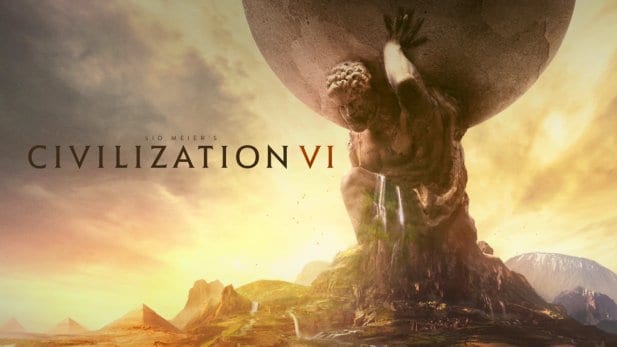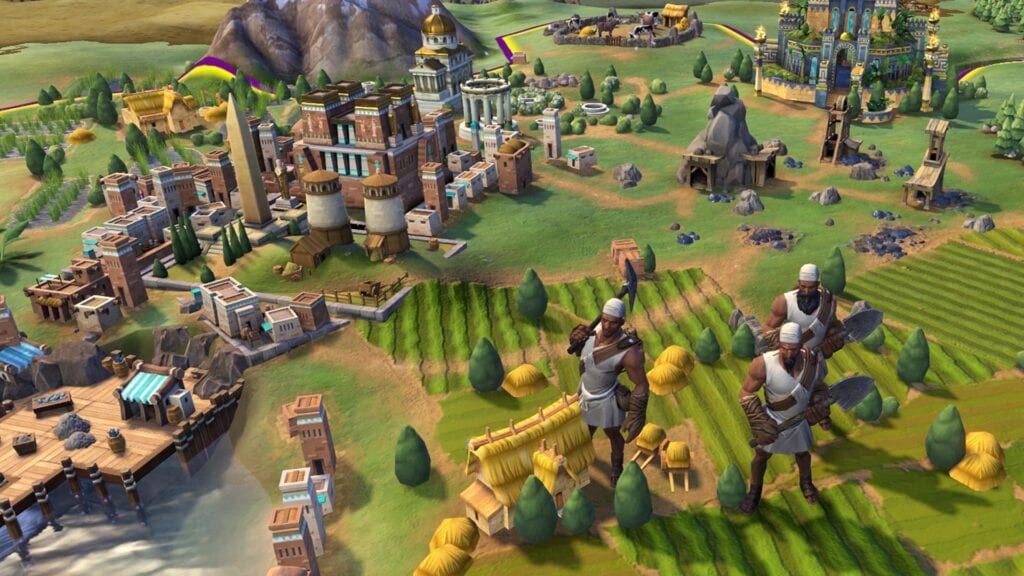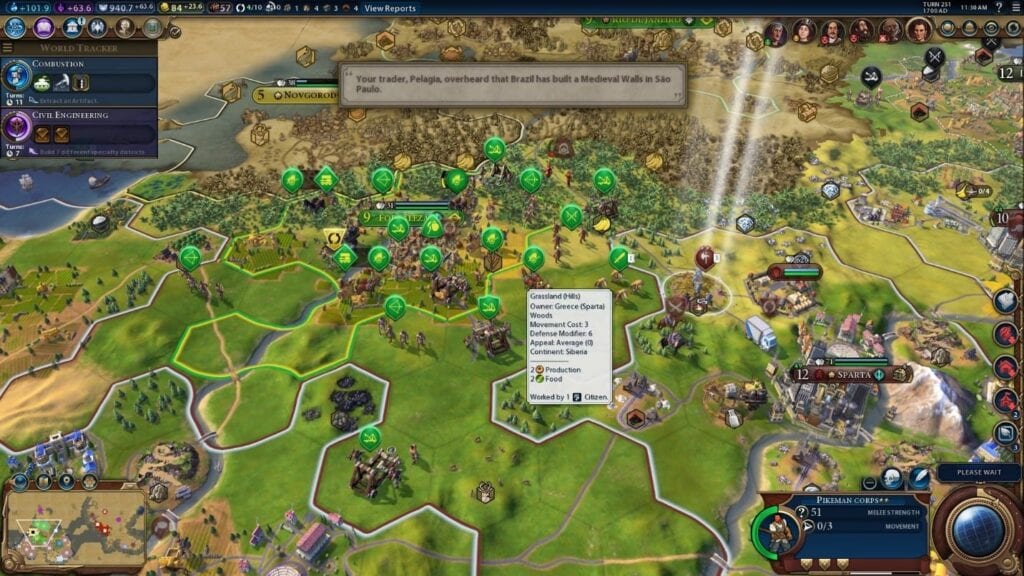Civilization 6: The World Goes to Hex – Full Game Review

The long awaited sequel to Civilization 5 came out on October 21st and I’ve finally gotten enough hands-on play time to see all of the ways in which it shines, and some of the ways that it falls flat on its face. The Civilization series has a long and storied history, beginning with the original launch in 1991. Civ has never been one of those games that pops out a new title every year; most of the time we have to wait a very long time for a new iteration of the game. This means a few things; first, the base game is often improved and added to over a period of several years through the release of expansions and DLC. Second, it is nearly impossible to not compare the latest product with the former, as there are inevitable changes to the mechanics with each version. Finally, and perhaps most importantly, when a new Civ hits the shelves, we’re stuck with it for a very long time compared to other titles. Let’s start with some of the things Civilization 6 does correctly.
The most glaring and highly advertised difference between V and the new VI is the “unpacking of cities”. In previously numbered titles, all of the wonders and buildings were in the cities themselves and surrounding tiles were reserved for things like farms, mines, and unique luxury resource improvements. This overhaul fundamentally changes the game insofar as it requires wonders and buildings (created in districts) to be placed on tiles around the city. Clearly, this increases the value of the usually benign hexes and expanding borders. Obviously, with this development, district and wonder placement is an integral part of the strategy. The new layout is quite pleasing to the eye and adds a layer of depth reminiscent of Sim City to the process of expansion.
The culture meta-game has been entirely refocused, with a policy tree similar to science. Now, the base culture income will reduce the number of turns to unlock the next policy which unlocks cards that can be slotted out in the government of choice. It is clean, is intuitive, and creates a sense of personalization that lets the player shift gears into a different strategy on the fly.
There is a new eureka system that is emergent and rewards the player for performing actions related to the tech or policy they are trying to rush. For instance, killing three barbarians will advance the progress on the bronze-working technology. This allows the player to focus on certain activities to really hone in on his/her goals so that a succinct win condition can be prioritized.
The diplomacy system is much more vibrant, supplying the player with reasons to go to war that can mitigate warmonger penalties. Tired of Gandhi trying to convert all of your cities to his religion? Tell him to stop! If the bastard keeps it up, declare a religious war. Hey, you warned him!
Many of these new mechanics will be lauded by the more casual Civ fan, but they will be utterly despised by those min-maxing, hardcore, Spike players that really love efficiency. Unlike its older brothers, Civilization 6 really doesn’t have a perfect formula that guarantees an absolute win. It can’t be totally accused of RNG, but if you are a control freak, it is maddening.
There’s also a whole lot of things that Firaxis totally screwed up. Some of it just feels unpolished, but other aspects are just disappointing. A new win condition has been added based on religion. Convert 50% of all the other Civ’s cities, and boom: game, set, and match. This would be pretty neat if the religious “combat” didn’t feel so shallow. One can just pretty much spam apostles and smash them into other players’ apostles and whoever pumps out the most units wins. It feels like a cheap victory and is really just obnoxious if it’s not the win condition the player is gunning for.
Cities no longer have to be next to oceans to build harbors. Again, this sounds really exciting at first, but then it becomes apparent that all of those awesome naval units are totally toothless, as they can’t attack or capture cities, rendering them ineffective against anything but other naval units. This really cuts the legs out from under civilizations whose entire strategies center around naval combat.
Finally, the most disappointing issue is the incomprehensibly bad AI. Computer-controlled civilizations will move their units in formations that make no sense at all. Many times they simply don’t take the kill shot on units that they could completely decimate. If all of this isn’t bad enough, there appears to be a bug that causes the AI to mass produce a staggering number of early game units, to cripple their own economy, and then to neglect to upgrade them to modern military as they progress through the ages.
There have been many other bugs mentioned by players, but they are anecdotal, and I cannot confirm or deny their existence as I have not experienced them myself. However, some reported side effects of Civ VI may include: crashing while capturing a city, declaring war on yourself, AI civs declaring war on you for no reason, failing to launch, and suffering from long load times in later era games. If you experience any of these problems, please consult your local forum and point on the dolly where Sid Meier hurt you.
BOTTOM LINE:
So, my take on the whole thing? It is a great framework for what will eventually be an exceptional game after some patching and a couple of years of DLC. Many will remember that the same was said of Civ V when it was first released. As of right now, it’s like a cheap piece of gum; it tastes great right out of the package, but it gets stale pretty fast.
What are your opinions on the changes? Who’s your favorite Civ in this latest revolution? Do you recommend a purchase? Let us know in the comments below! Additionally, here are a few PC game related articles that you might also enjoy!
Check out these other great reviews if you’re looking for another title to play or something to add to your collection:
- ‘Not the Robots’ Full Game Review
- Full Scale Mass Effect Geth Pulse Rifle Replica REVIEW

Joshua Hogg73 Posts
Depending on who you ask, Josh's obsession with video games may or may not be entirely healthy. Frequently bankrupting himself to get the next fix, he indiscriminately jumps from game to game, perhaps searching for that perfect title that will leave him eternally satisfied.













